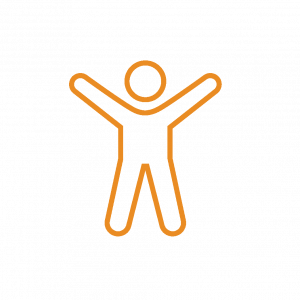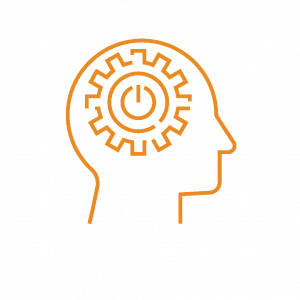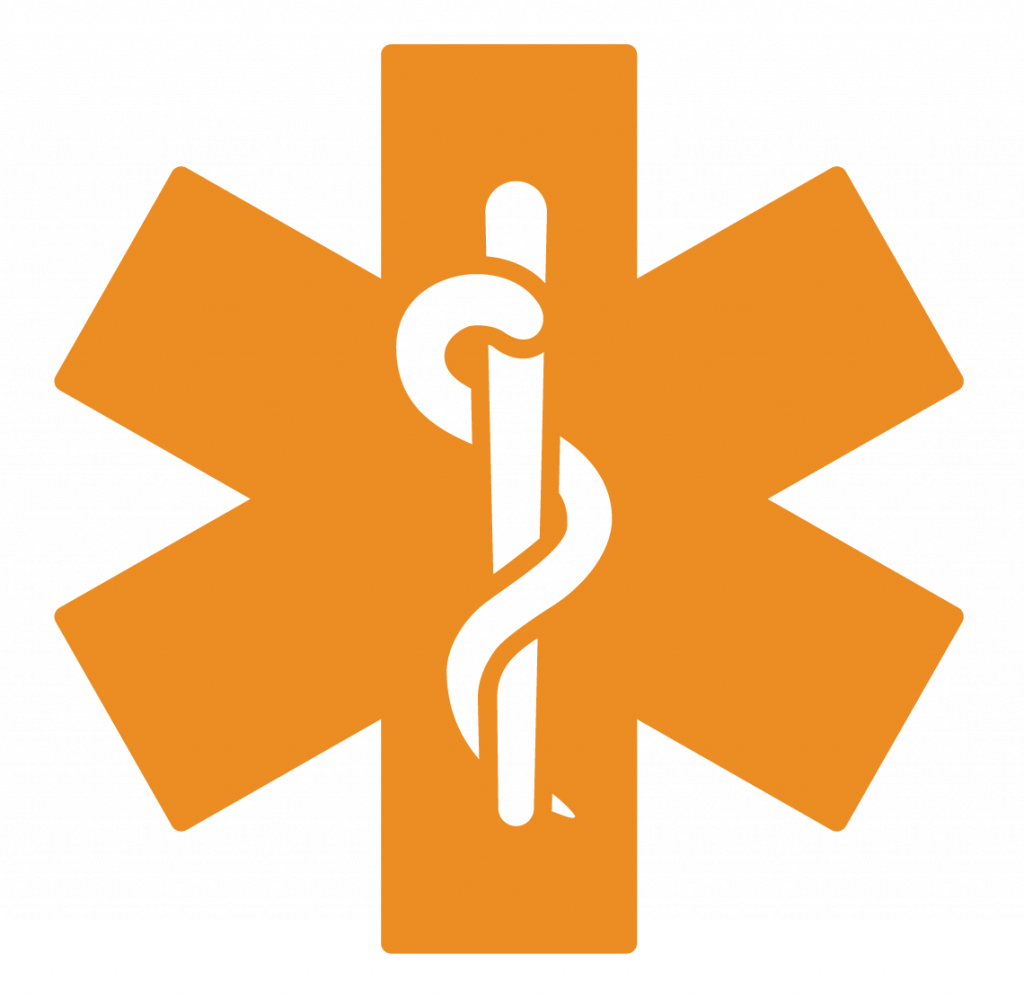To Buy Robaxin Online Visit Our Pharmacy ↓
 Robaxin Side Effects: Risks and Red Flags
Robaxin Side Effects: Risks and Red Flags
Common Side Effects: What Most Users Experience
Many people describe their first days on Robaxin as a subtle shift: muscle tightness eases, but they also notice drowsiness and light-headed moments. The narrative is familiar, relief mingled with minor inconvenience, and mostly temporary.
Typical effects include nausea, headache, dry mouth, blurred vision, and mild stomach upset. Some people report increased sweating, tremor, or slight coordination issues. These signs are usually mild and fade as the body adjusts, but if symptoms worsen or persist, call your prescriber.
Expect these reactions to ease within days, but monitor for balance problems, confusion, or mood shifts. Occassionally a dose adjustment helps. Keep hydrated, avoid alcohol, and contact your clinician if symptoms interfere with daily life or escalate.
| Effect | How Often |
|---|---|
| Drowsiness | Common |
Serious Reactions to Watch for and Act Fast

Teh first time Jane tried robaxin she felt restless and dismissed mild dizziness as fatigue, but a sharp change in skin color and swelling made her realize something was very wrong and demanded immediate attention.
Watch for rapid breathing, throat tightness, severe rash or hives, high fever, yellowing eyes, dark urine, extreme fatigue, confusion, or seizures. These signs suggest liver injury, anaphylaxis, or neurologic toxicity that require urgent care immediately.
In a tense moment, stop the medication and call emergency services if breathing stalls or consciousness fades. If symptoms are serious but stable, contact your prescriber and Acommodate transport to a clinic or ER promptly.
Keep a list of all drugs, OTCs, and supplements; inform providers about allergies or past reactions. Never restart robaxin after severe events without testing. Early reporting can prevent worsening and protect others in your family.
Drug Interactions That Can Amplify Dangerous Symptoms
A friend once mixed a prescription with over-the-counter pills and felt strangely dizzy; stories like this show how combining drugs alters effects. robaxin can enhance sedation when taken with opioids or alcohol, turning mild drowsiness into dangerous breathing depression.
Enzymes in the liver break down many medicines, and some drugs block these enzymes, causing other drugs to build up to toxic levels. Common culprits include certain antibiotics and antifungals, as well as some antidepressants.
Older adults are often on multiple meds, making interactions more likely and symptoms more severe; monitor for confusion, fainting, or sudden mood shifts. Ask your pharmacist to check for interactions and to explain warning signs.
Carry a current medication list and refuse extra pills without consulting a clinician; simple prevention can prevent an emergency and give you peace of mind. Occassionally consult your pharmacist or specialist.
Who’s at Higher Risk: Age and Conditions

Imagine an older neighbor taking a muscle relaxant after fall; age changes in metabolism and kidney function can make drugs linger and side effects stronger. People with liver or renal impairment, young children, pregnant or breastfeeding patients, and those with respiratory or seizure disorders need closer supervision. Those on multiple central nervous system depressants, or taking medications such as opioids or benzodiazepines, face higher odds of dizziness, sedation, and falls when taking robaxin.
Clinicians reduce doses, extend dosing intervals, or choose alternative therapies to reduce harm. Caregivers should watch for confusion, breathing trouble, profound drowsiness, or fainting—symptoms that warrant assessment. Drug accumulation can be subtle and Occassionally mimic worsening illness, so keep a clear med list and review it at every visit. Communication, cautious titration, and avoiding alcohol or other sedatives are steps to lower risk and protect vulnerable people.
Recognizing Allergic Reactions Versus Normal Discomfort
A quiet night after taking robaxin turned my attention to small tingles and a warm face; it felt like initially nothing serious.
Mild effects are drowsiness, dry mouth or nausea — short lived. Allergies cause fast swelling, hives or breathing trouble and need urgent care.
Teh onset matters: immediate symptoms suggest allergy; slow, mild ones suggest routine side effects.
| Symptom | Likely |
|---|---|
| Rash | Allergy |
| Drowsiness | Side effect |
Stop taking the medication, call emergency services for severe breathing or swelling, and tell clinicians you took robaxin; followup with your provider for testing.
What to Do: Emergency Steps and Prevention Tips
When breath quickens or skin turns blotchy, act fast: stop the drug, call emergency services, have your meds list ready. Teh clear details help responders treat allergic reactions and seizures.
A small pause in routine—checking labels, avoiding alcohol, and timing doses—can prevent many problems. Report dizziness, confusion, or extreme drowsiness promptly; keep follow-up appointments and never exceed prescribed amounts again.
When uncertain, call your pharmacist or prescriber—they can review interactions and adjust therapy. Seniors and those with liver or kidney issues should be monitored closely; carry a medication card. DailyMed - Methocarbamol PubChem - Methocarbamol












